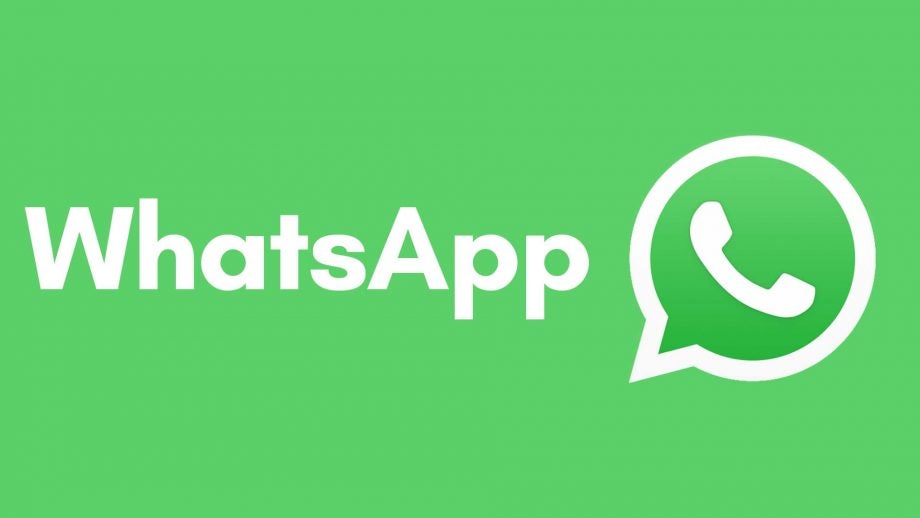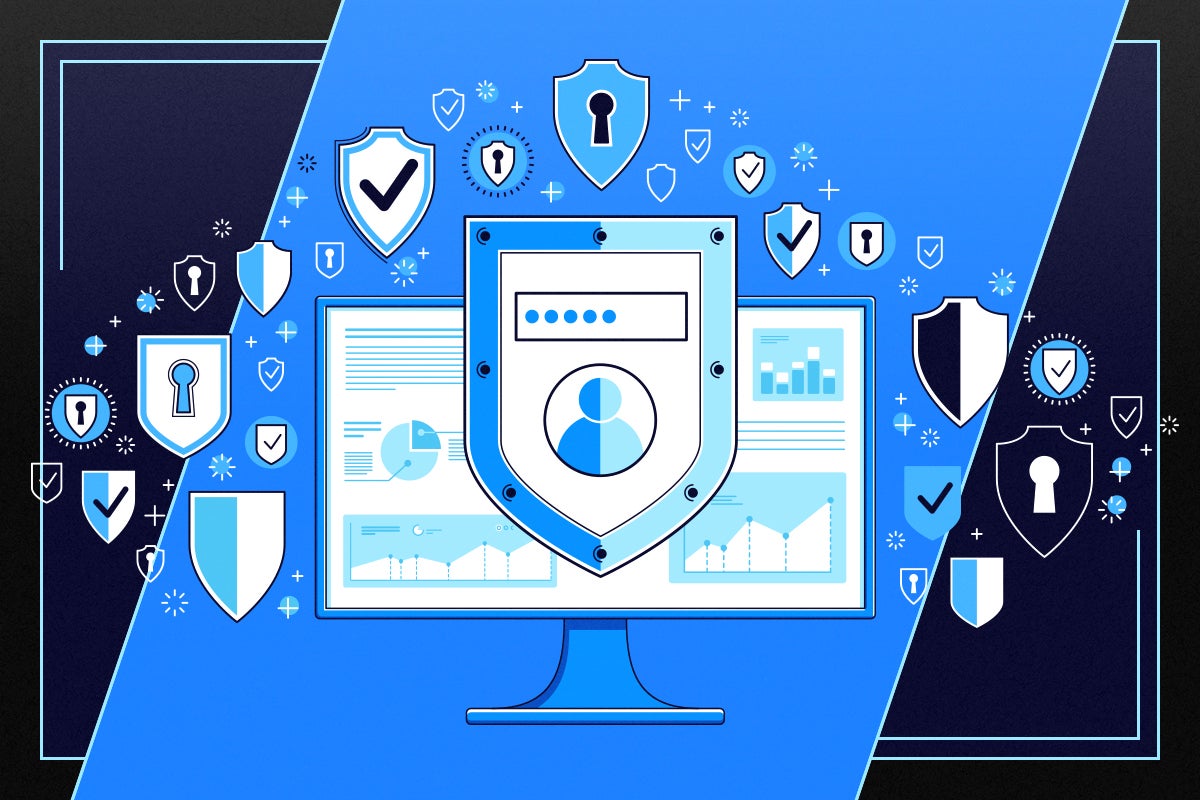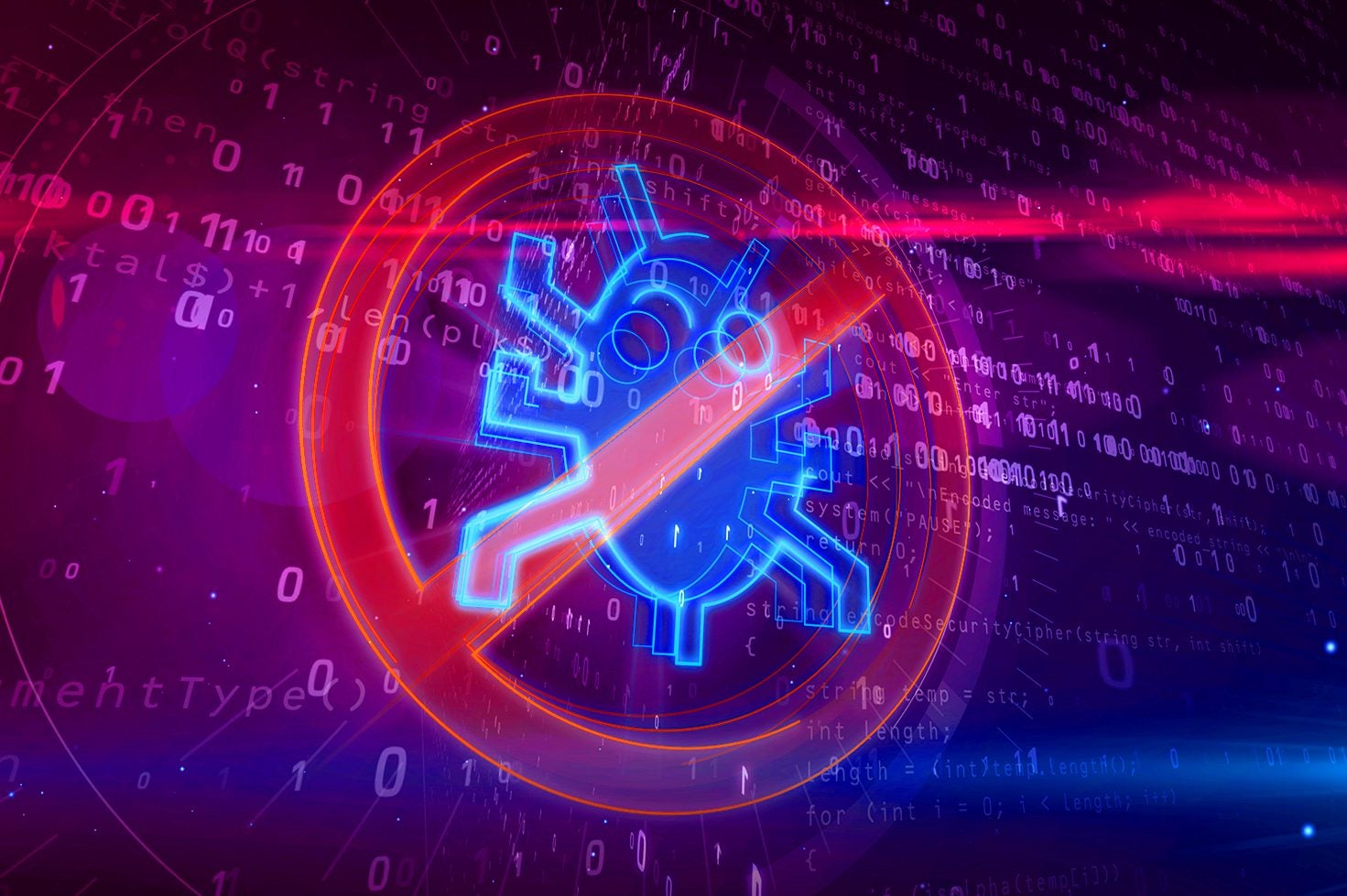Is WhatsApp safe? We asked the experts if you should be using it in 2022

WhatsApp, owned by Meta‘s Mark Zuckerberg, is deemed one of the safer messaging services, with end-to-end encryption one of the key selling points. However, with apps like Signal and Telegram available, is WhatsApp worth it, and is it even safe?
WhatsApp was founded in 2009 and rose to stardom after being bought by Meta, formally Facebook, back in 2014. It now has over two billion active users and has been downloaded over five billion times. When an app gets to that height it’s important to ask, is it safe?
We asked around the stratosphere and found out what several security experts think about the app and how safe it is to use compared to the other messaging services out there.

Save 81% on a VPN with SurfShark
Surfshark has dropped the price of its VPN to £1.94 a month. Head over to Surfshark now to pay a one time price of £46.44 for 24 months of Surfshark and save 81%.
- Surfshark
- 81% off
- £1.94 a month
Is the app safe to download?
Antony Demetriades, VP at McAfee, spoke to Trusted Reviews about how WhatsApp uses end-to-end encrypted messages on everything sent in the app to help protect users.
“But the important thing to remember is that WhatsApp offers end-to-end encrypted messaging on everything sent in the app. Your information will only be shared with Meta if you are messaging a business, according to the company.
“However, while the app safely encrypts conversations, it doesn’t protect them from people taking and sharing screenshots of conversations and personal information,” Demetriades went on to say.
What are the benefits and the drawbacks to WhatsApp over other messaging apps?
Ducan Brown, VP of Enterprise Research, told Trusted Reviews that one of the main benefits of WhatsApp is the sheer number of people already using the app.
“Two billion people worldwide are using WhatsApp so it’s almost certain that people you want to message already have WhatsApp. It introduced end-to-end encryption as a standard feature last year.”
WhatsApp has offered end-to-end encryption for a long time, but it was only fully implemented in 2016. The company also announced that its cloud chat backups would be end-to-end encrypted from last year.
Consumer privacy champion at Pixel Privacy, Chris Hauk, also mentioned to Trusted Reviews the importance of end-to-end encryption regarding the safety of messaging apps.
“WhatsApp offers end-to-end encryption (although messages to businesses might not be end-to-end encrypted). The Meta-owned app may share some information back to the Facebook Mothership. Users need to make sure that their backups are encrypted as they are not encrypted by default. Messages are available from multiple devices, which while a convenience can also present security and privacy issues,” Hauk concluded.
Demetriades goes on to talk about the issues that WhatsApp has encountered over the last year, like the backlash when it asked users to consent to share their data with Facebook, and how the apps under Meta collapsed for over seven hours back in October of last year.
“WhatsApp has faced its fair share of challenges this year. From the announcement that the platform would share data with parent company Meta, to the six-hour power outage in October which saw Telegram gain a record 70 million users,” Demetriades says.
“But we must not forget, despite news the app will share information with Meta, this only applies to people who are messaging businesses on the platform. In the face of increasing competition, including Signal’s full commitment to privacy, WhatsApp can be accused of falling short on adapting to customer needs.”
Will the app share your data with anyone?
Dr Gareth Owenson, the CTO and co-founder of Searchlight Security, explained to Trusted Reviews that WhatsApp has come under fire for the way it shares information with Facebook.
“WhatsApp is safe in that it uses the same secure encryption as Signal but is owned by Facebook – a company which has historically monetised personal information (principally for advertising). WhatsApp has recently come under criticism for attempting to expand the amount of data shared with Facebook,” says Owenson.
WhatsApp says that the only data it shares with Facebook pertains to helping prevent spam and does not concern advertising. The WhatsApp website claims: “Today, WhatsApp does not share your personal information with Facebook to improve your Facebook product experiences or provide you more relevant Facebook ad experiences on Facebook.”
Brown goes on to say that he expects that WhatsApp will share more information with Facebook in the future, even if it isn’t happening now.
“WhatsApp is owned by Meta (the company behind Facebook), which has announced the intention to share data between WhatsApp and Facebook.
“They won’t do this in the EU and the UK because we have GDPR here. But Meta gets its revenue from advertising, and it wants to monetise WhatsApp. So I expect some sort of advertisement-based shift to WhatsApp in the future. If you don’t mind ads or data being shared between the WhatsApp and Facebook platforms, then none of this will matter to you,” Brown concluded.

Save 81% on a VPN with SurfShark
Surfshark has dropped the price of its VPN to £1.94 a month. Head over to Surfshark now to pay a one time price of £46.44 for 24 months of Surfshark and save 81%.
- Surfshark
- 81% off
- £1.94 a month
Should you move your current chats to the app? Or should current users leave?
Paul Bischoff, a privacy advocate at Comparitech, again touches on the idea that people will use the messaging service that their friends use.
“Most people’s choice in messaging app isn’t based on which app is best; we choose to use messaging apps because our friends and other contacts use them,” Bischoff says.
Hauk reinforces this idea, however, he also mentions that anyone sending sensitive information over WhatsApp may want to consider what app they’re using.
“Many users are not concerned about their messaging app’s privacy offering, instead they usually use the messaging apps used by their friends and family.
“However, anyone who messages about more than “do we need milk?” should consider using one of the three messaging services [WhatsApp, Telegram and Signal], while also encouraging their friends and family to also use the apps,” Hauk says.
Out of the available messaging apps out there, WhatsApp is a solid choice for anyone wanting to communicate with friends and family, but you should still be careful what you send.
“Amongst the messaging platforms, WhatsApp continues to be one of the best,” Demetriades went on to say.
“Despite difficult situations, resulting in large numbers of people using new platforms, WhatsApp continues to offer end-to-end encrypted messaging for non-commercial individuals. So, unless you feel comfortable messaging a business and sharing your information, then WhatsApp is still a good choice.”
As a rule of thumb Trusted Reviews recommends any privacy focussed reader invest in a robust VPN. You can see a selection of the easiest and most reliable we’ve lab tested in our best VPN guide.





